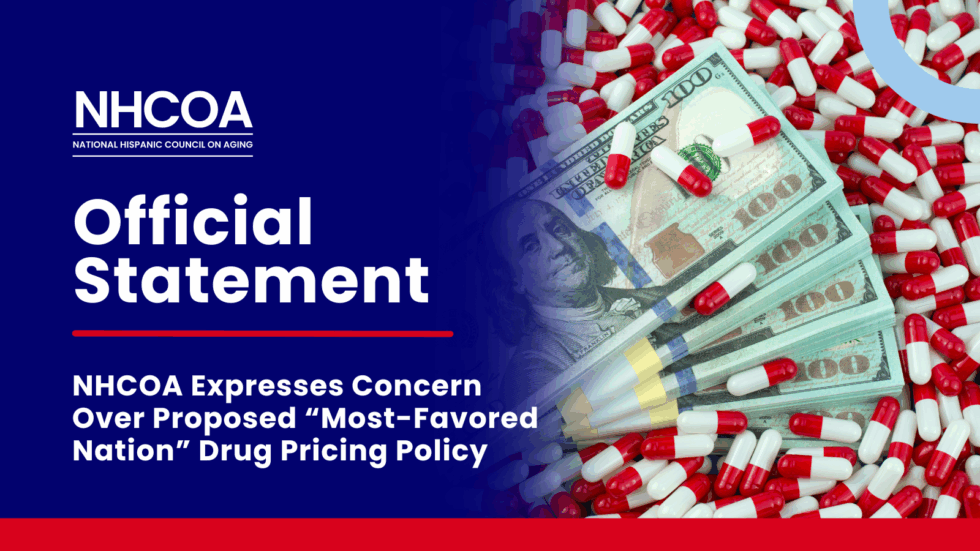Medicines for
no one
The Most Favored Nation policy, tying US drug prices to those in countries with government price controls… is NOT the answer.
Patients in price-controlled countries may not get access to new pharmaceuticals. Importing European-style price controls would mean importing European health outcomes.
MFN means ‘Medicines for No One’
The Most Favored Nation (MFN) drug pricing policy ties U.S. medicine prices to those in countries with strict government price controls.
This may sound like a win for patients, but MFN imports the very systems that limit access, delay innovation, and lead to higher death rates abroad—especially from diseases like cancer. In Europe, where these policies have long been in place, patients often wait months or years to access new treatments, and many breakthrough therapies never arrive at all. If implemented in the U.S., MFN could mean fewer medicines, slower innovation, and hundreds of thousands of preventable deaths—every year.
America has the best access to new cancer treatments in the world. If we dismantle that, U.S. patients will be the first to feel it. But make no mistake—patients worldwide will suffer.
Because in the end, MFN doesn’t mean “Most Favored Nation.” It means: Medicines for No-one.








